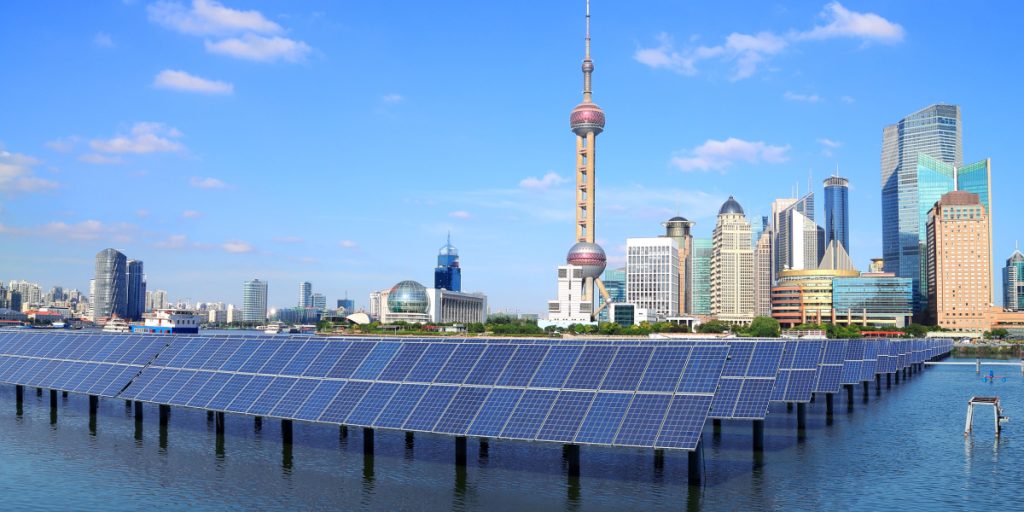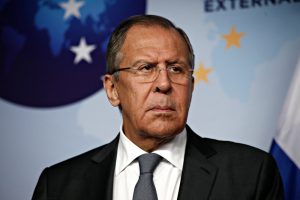China has set stricter energy efficiency targets for 2024 after not meeting its objectives last year.
Others are reading now
As the world’s largest energy consumer, China is aiming to meet its climate commitments for the five-year plan concluding in 2025, according to Reuters. The country is intensifying its efforts to avoid falling behind on these goals.
The National Development and Reform Commission (NDRC) said it wants to use less energy per amount of money the country makes by 2.5% next year. This is more than the 2% goal from last year, which China didn’t reach, as reported during the big yearly meeting of the National People’s Congress.
China recently shared that it only managed to cut down its energy use by 0.5% in 2023, and it also didn’t meet its goal to reduce how much carbon it emits compared to its GDP.
The NDRC mentioned, “Because industrial and everyday energy use grew so fast, we didn’t do as well as we hoped in reducing energy and carbon use.”
Also read
A Push for Sustainability
Last year, the country produced 4.83 billion metric tons of energy, measured in coal, which is 4.2% more than in 2022, the National Bureau of Statistics reported.
From 2020 to 2023, the amount of energy China used for each unit of economic growth went down by 2%, which is way less than the five-year plan’s goal of reducing it by 13.5% for 2021-2025.
Energy experts say China needs to cut down its energy and carbon use by 6% and 7% in 2024 and 2025 to meet its goals.
The NDRC is promising to work even harder to reduce emissions and make energy use more efficient. It plans to improve how it prices carbon emissions and include more kinds of businesses in its program that trades emissions permits, which right now only includes coal-powered plants.
The government also wants to start a big research effort on clean energy and storage, push forward the sector of new energy vehicles, and look into hydrogen power.
Even though China hasn’t met its climate goals yet, the NDRC plans to keep using coal power, work on advanced coal projects, and build facilities that turn coal into liquid and gas. It also wants to find and produce more oil, natural gas, and important minerals to make sure the country has the energy and resources it needs, and to speed up making energy prices more fair, including for the transportation of oil products.








